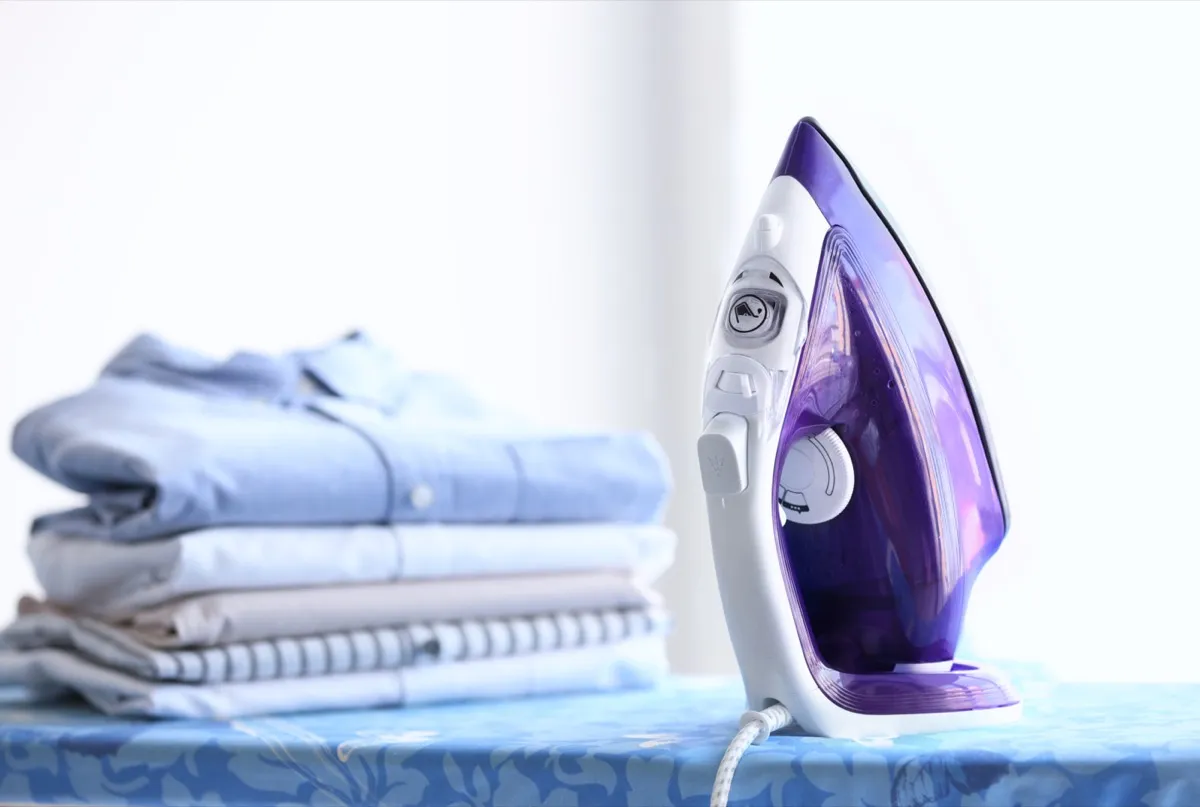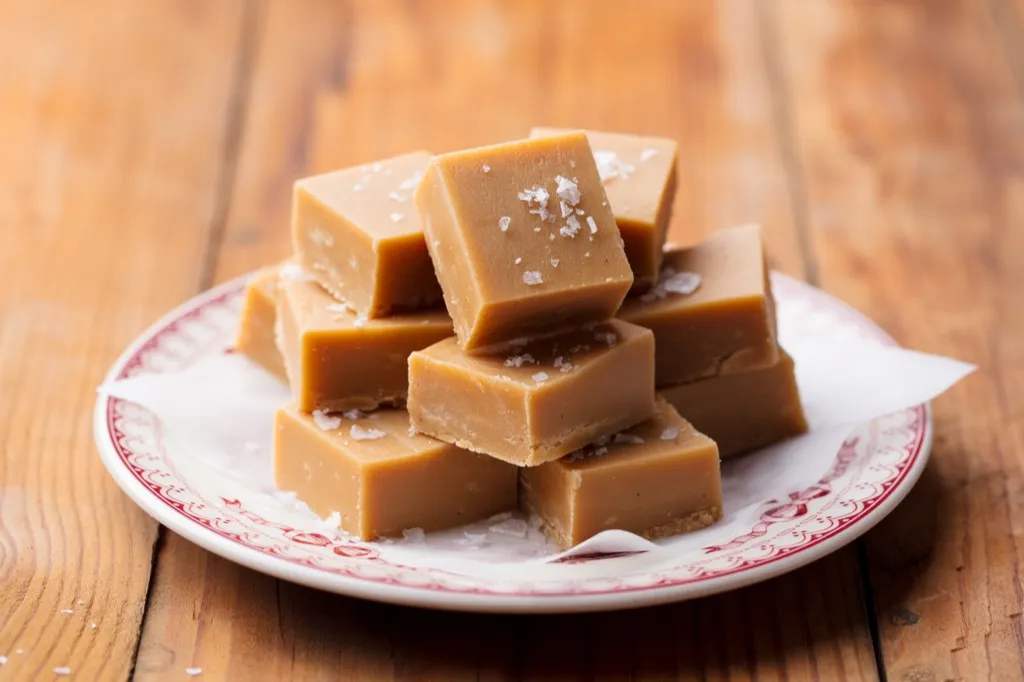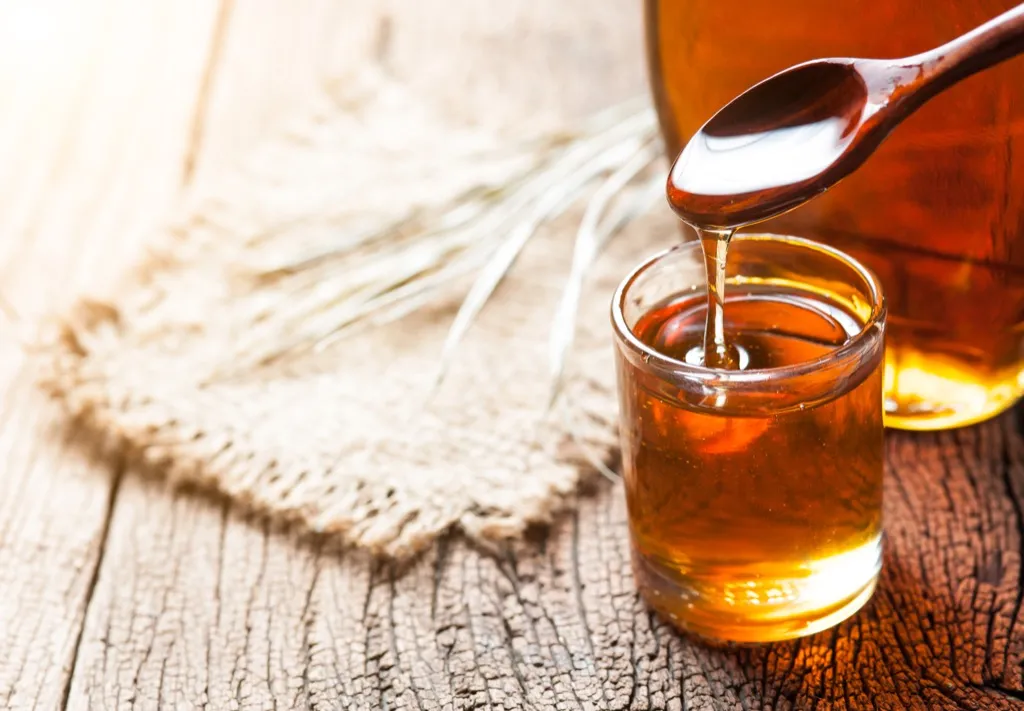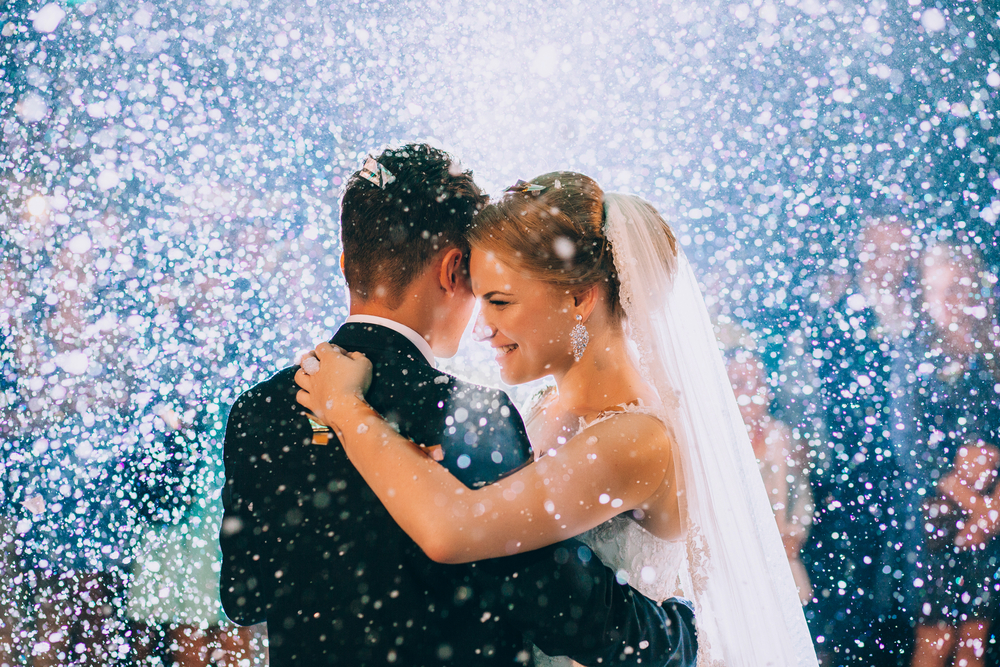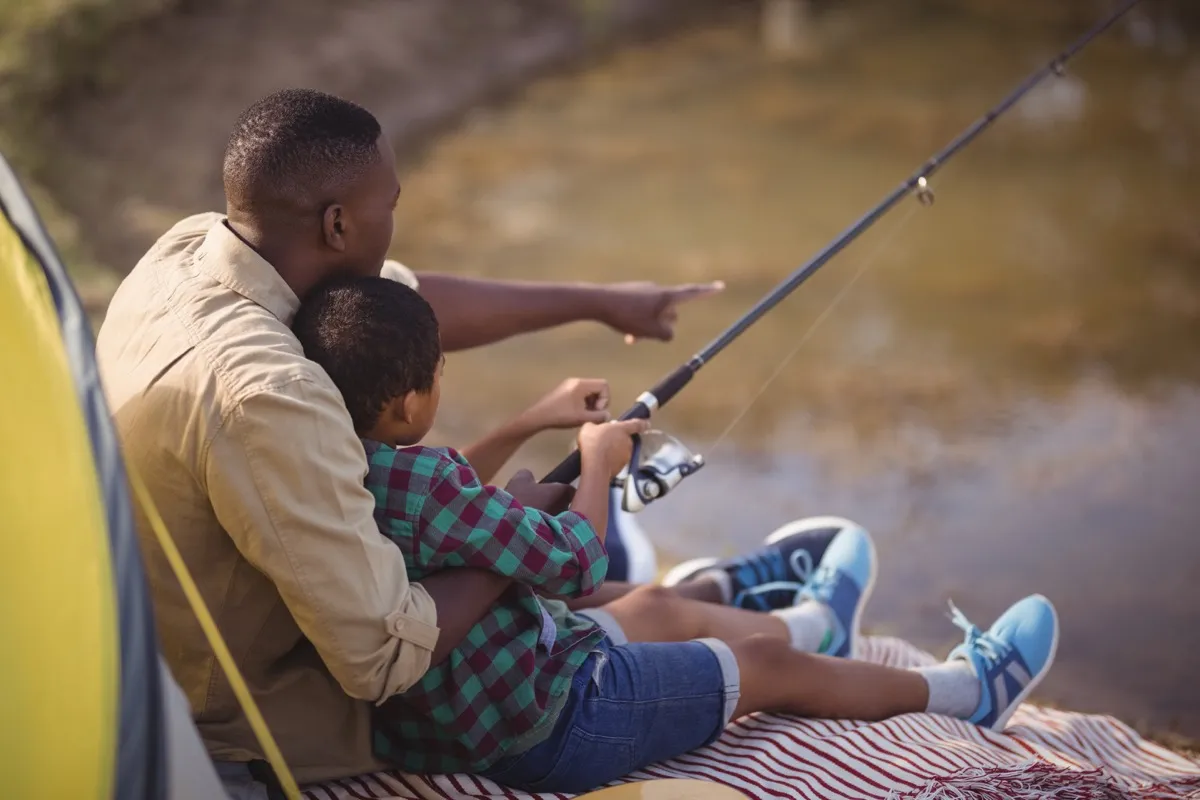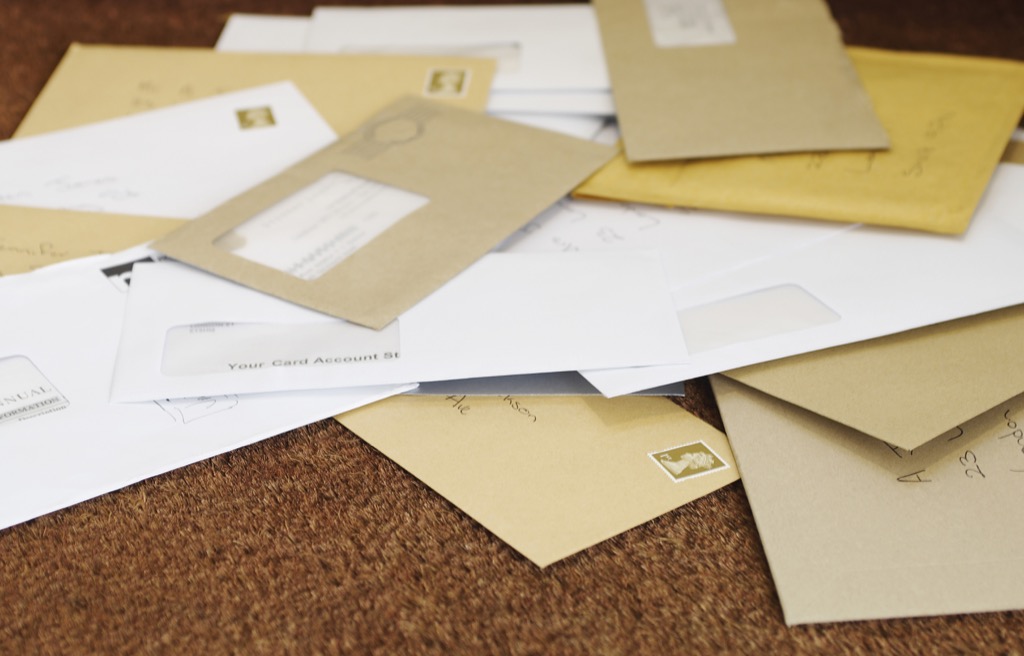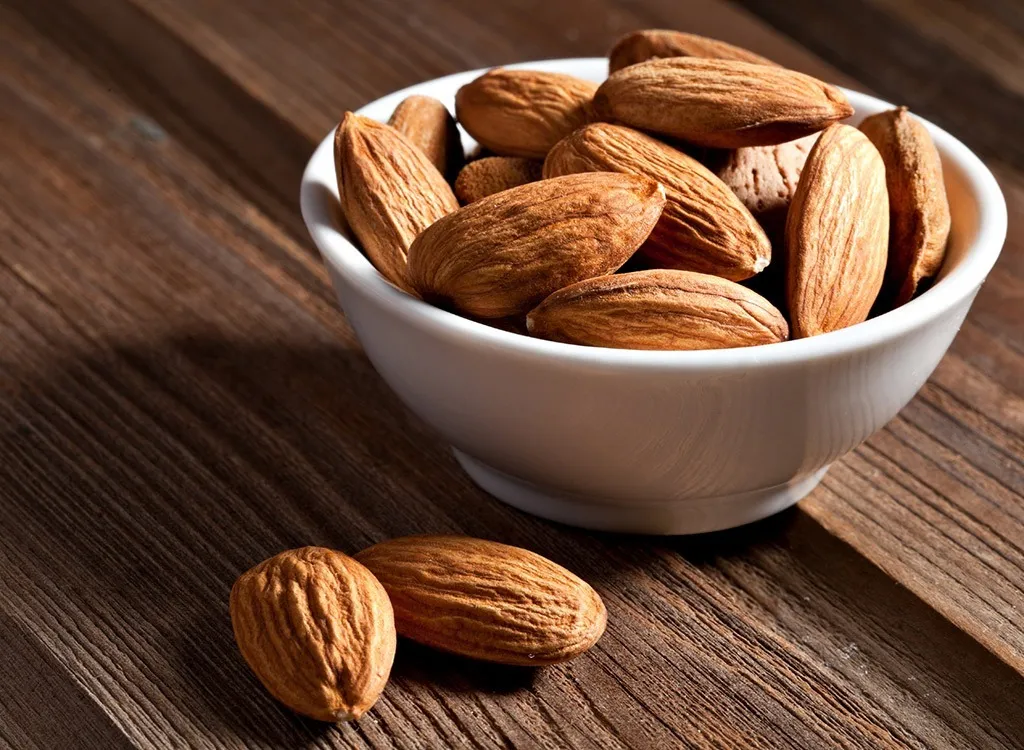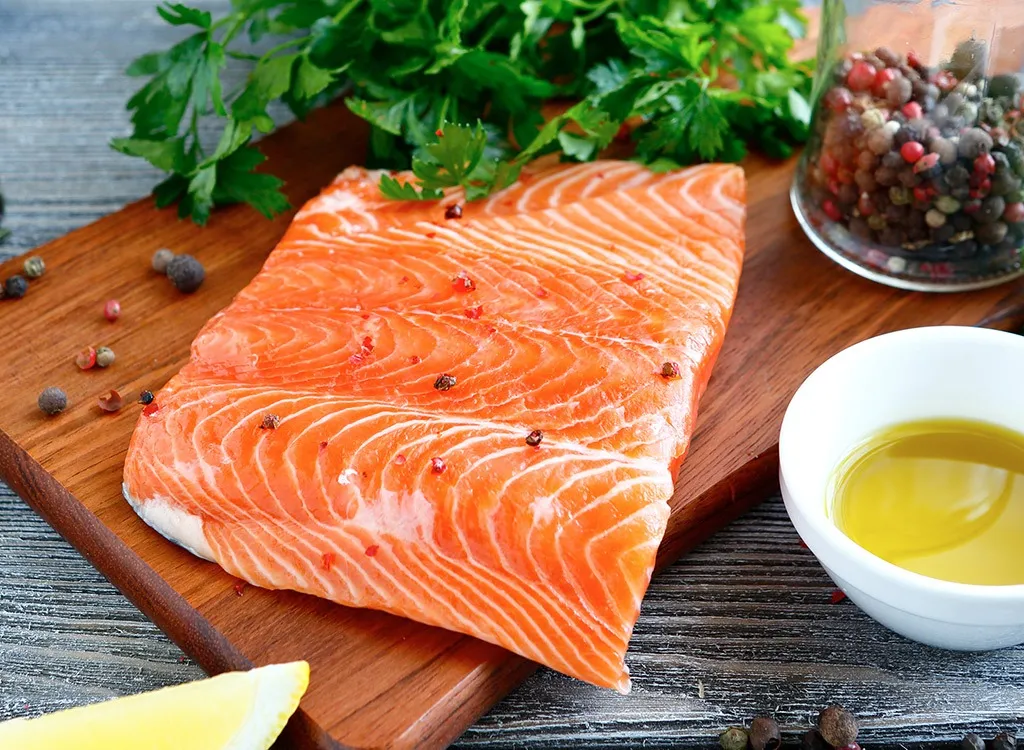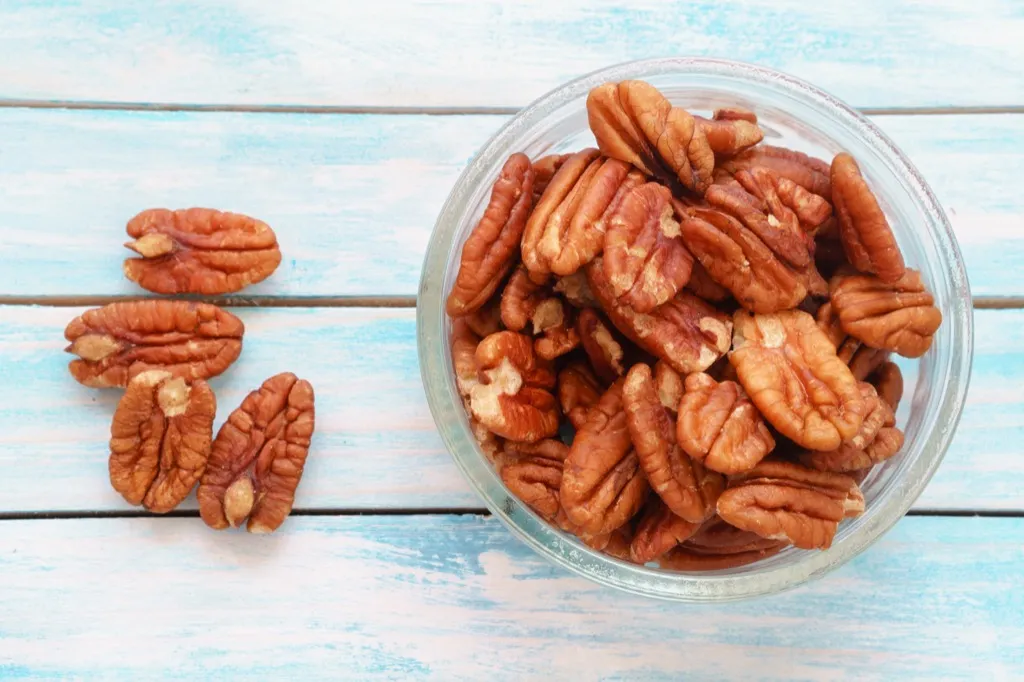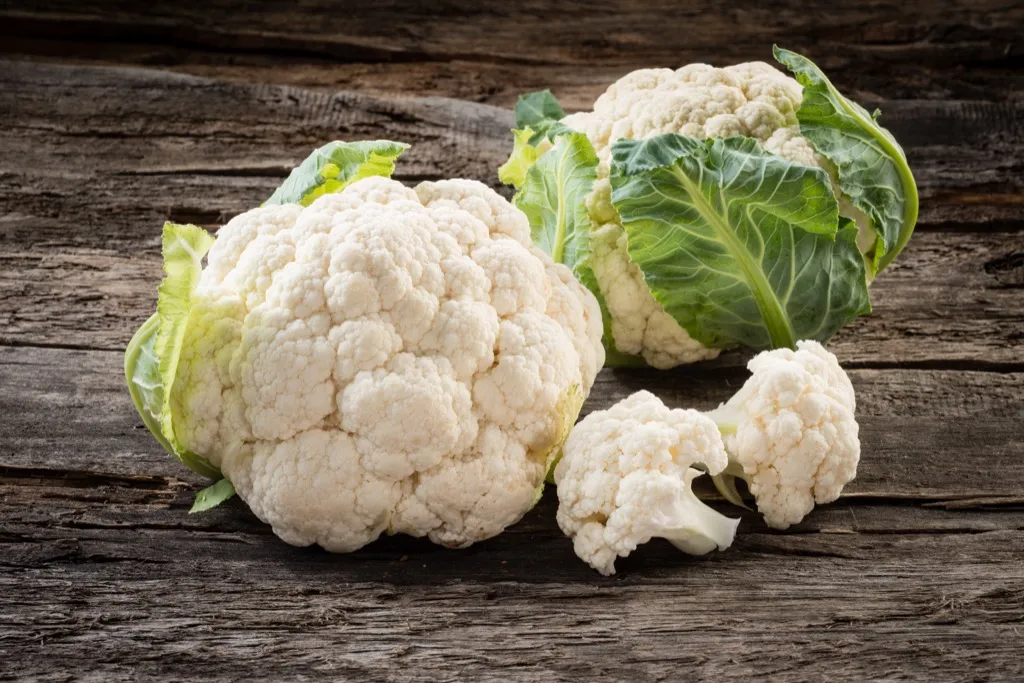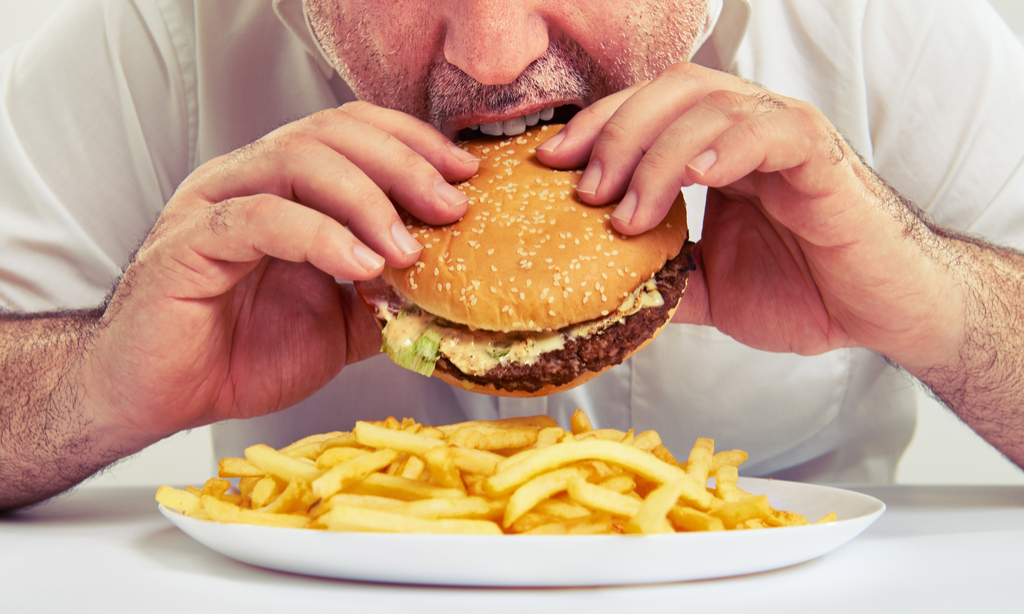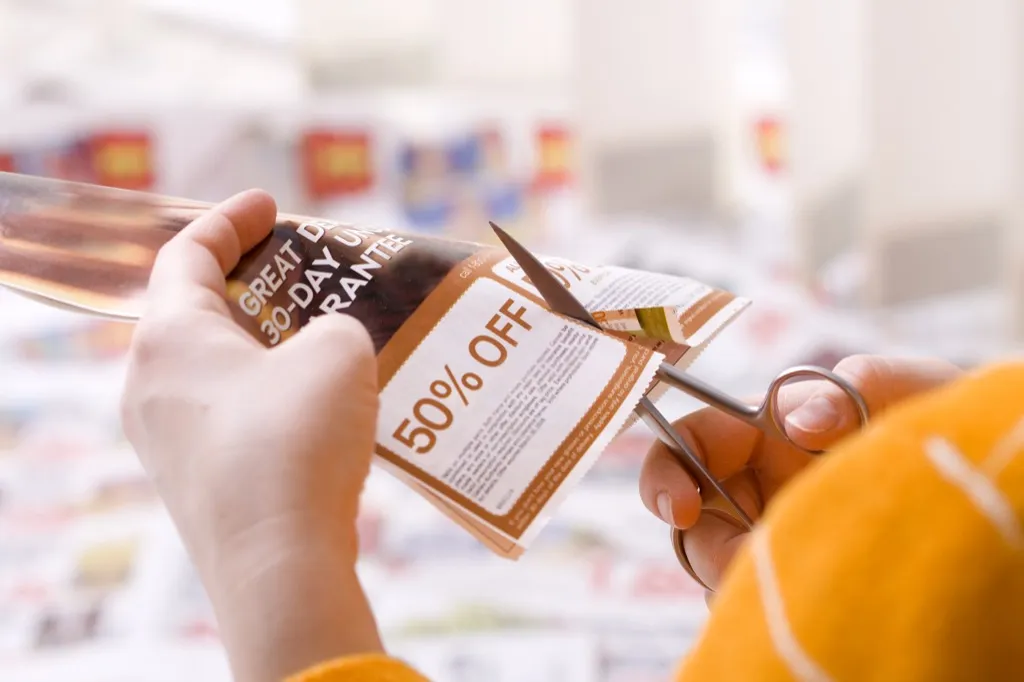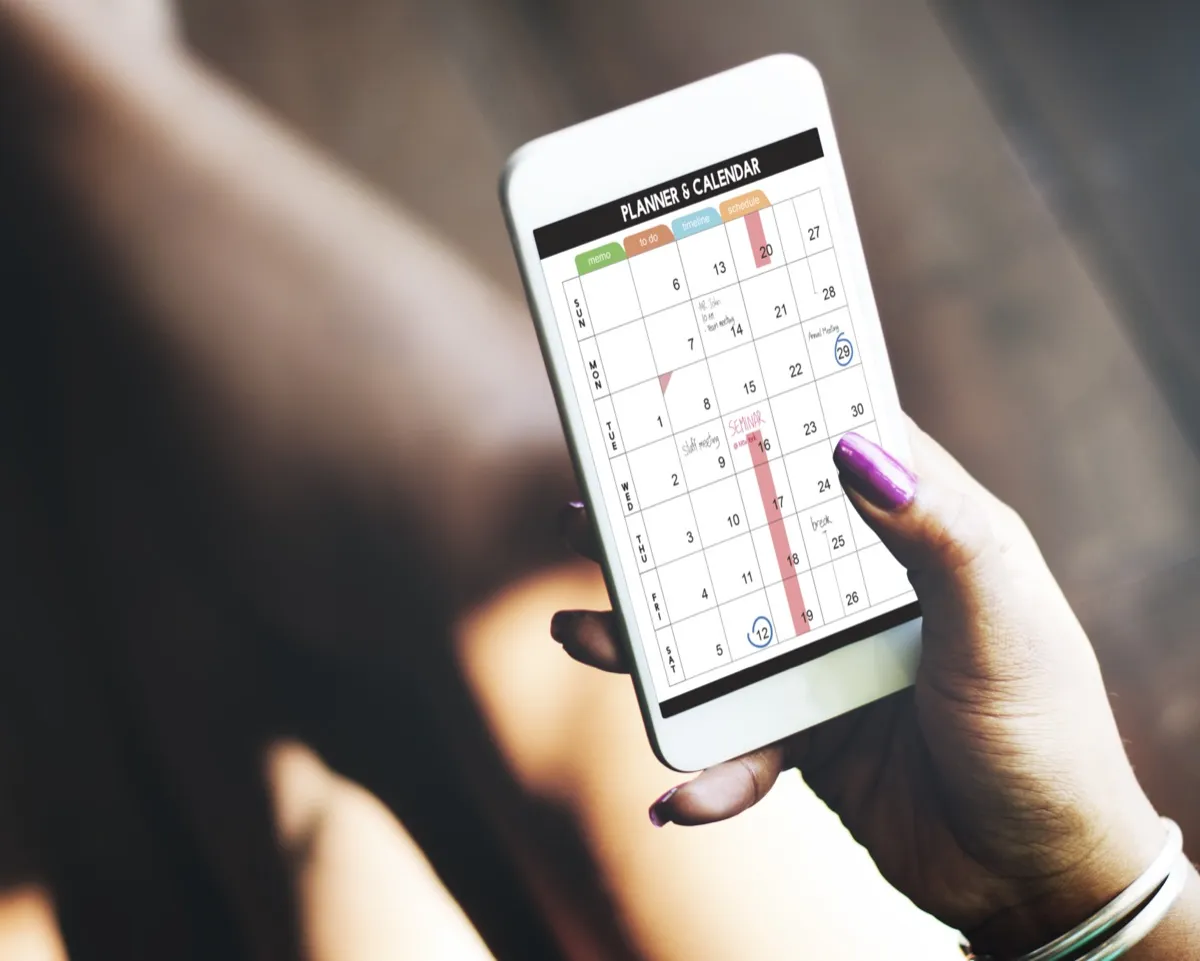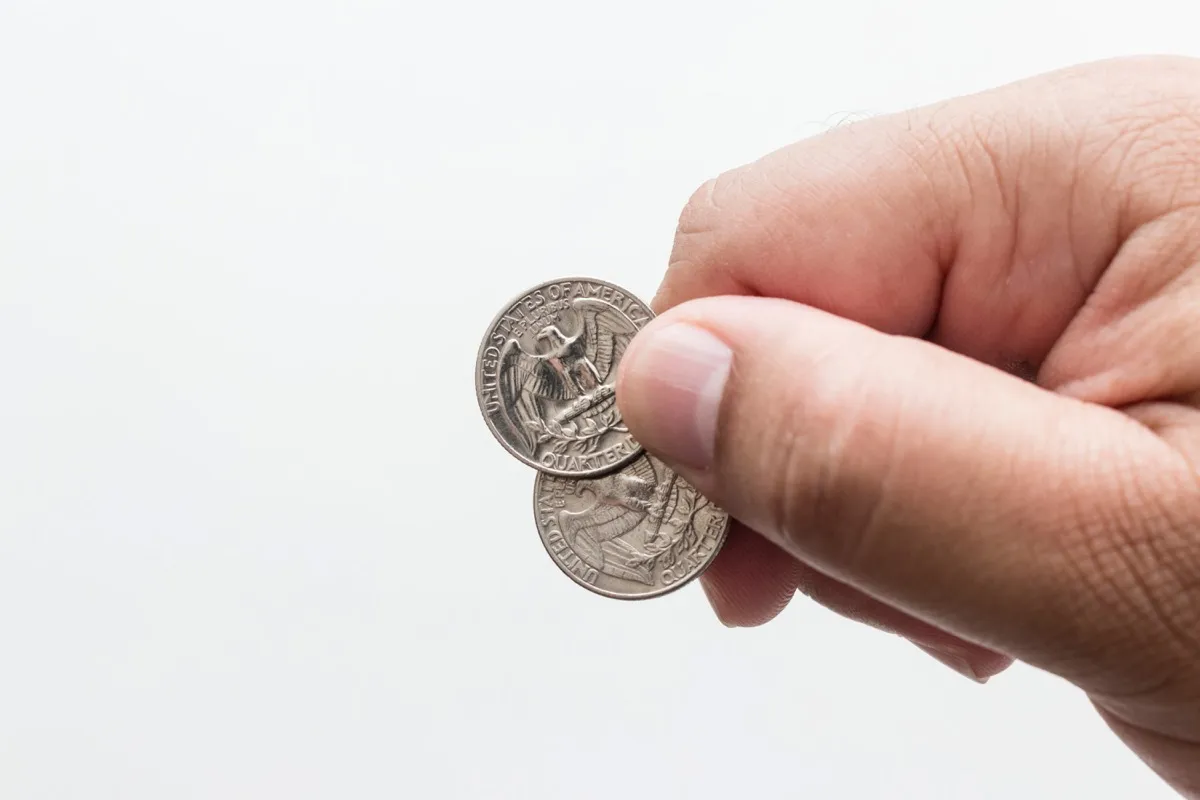One of the most confusing things about the English language is that there are so many words that have more than one correct pronunciation. There is a lot of debate around some of these words, with some people arguing over the correct pronunciations.
Of course, everyone wants to pronounce words correctly, but certain words have more than one correct pronunciation. Here is a list of 25 words that can be pronounced differently.
List of Words that Can Be Pronounced Differently
1. Almond
This word has three correct pronunciations: “ALL-mund” – the “L” is pronounced and “al” sounds like the word “all”, “AH-mund” – the “L” is not pronounced, and “a” sounds like the “a” in father, and “AW-mund” – the “L” is not pronounced and “a” sounds like “aw” in the word awesome.
2. Apricot
This word has two correct pronunciations: “APP-ri-caht” – the first syllable rhymes with “map” and “APE”-ri-caht- first syllable rhymes with “cape.”
3. Aunt
This word can be pronounced like “ant” – sounds like the insect or “ahnt” – rhymes with “want.”
4. Broom
This word has two correct pronunciations: /brum/ – The “oo” sounds like the vowel in “food” and /brʊm/ – The “oo” sounds like the vowel in “foot.”
5. Caramel
You can either pronounce it like “CARE-uh-mel” – 3 syllables, the first syllable sounds like “care” or “CAR-mel” – 2 syllables, first syllable sounds like “car.”
6. Cauliflower
You can pronounce it like “COLL-ih-flower” – The “i” sounds like “ih” in “bit” or “COLL-ee-flower” – The “i” sounds like “ee” in “bee.”
7. Crayon
This word can be pronounced like “CRAY-on”- 2 syllables – rhymes with “rayon”, “cran” – 1 syllable – rhymes with “ban”, “CRAY-awn” – 2 syllables – last syllable rhymes with “pawn.”
8. Cot/Caught
The two words sound the same. The vowel in both “cot” and “caught” sound like the “a” in father. But also the two words sound different. The vowel in “cot” sounds like the “a” in father and the vowel in “caught” sounds like “aw” in “awesome.”
9. Coupon
This word has two correct pronunciations: “KOO-pon” – first syllable rhymes with “too” and “KYOO-pon” – first syllable sounds like “queue.”
10. Data
This word can be pronounced like “day-tuh” – the first syllable sounds like “day” or “da-tuh” – the first syllable has the “a” sound like in cat.
11. Don/Dawn
The two words sound different. The vowel in “don” sounds like the “a” in father and the vowel in “dawn” sounds like “aw” in “awesome.” But they also sound the same. The vowel in both “don” and “dawn” sounds like the “a” in father.
12. Either
You can either pronounce it like “EE-ther” – first syllable rhymes with “bee” or “AYE-ther” – the first syllable rhymes with “hi.”
13. Horrible
There are two ways to pronounce this word correctly: “HOR-uh-bul” – first syllable rhymes with “more” and “HAR-uh-bul” – first syllable rhymes with “car.”
14. Lawyer
The two correct pronunciations for this word are: “LAW-yer” – first syllable rhymes with “saw” and “LOY-er” – the first syllable rhymes with “boy.”
15. Neither
There are two correct ways to pronounce this word: “NEE-ther” – first syllable rhymes with “bee” and “NAI-ther” – first syllable rhymes with “hi.”
16. Pajamas
This word can be pronounced like “jam” rhymes with “Tom” or “jam” sounds like the fruit spread “jam.”
17. Pecan
This word has three correct pronunciations: PEE-can – sounds like a tin full of small round vegetables- “pea can”, “pick-AHN” – sounds like “pick Ron” minus the /r/, and “pee-KAHN” – rhymes with “see Ron.”
18. Poem
The two correct pronunciations are: “po-em” – two syllables – “po” rhymes with “go” and “em” rhymes with “them” and “pome” – one syllable – rhymes with “home.”
19. Quarter
You can pronounce it like “kor-ter” – starts with /k/ sound, no /w/ or “kwor-ter” – starts with /kw/ sound.
20. Roof
This word can be pronounced in two correct ways: /ruf/ – The “oo” sounds like the vowel in “food” and /rʊf/ – The “oo” sounds like the vowel in “foot.”
21. Room
There are two correct ways to pronounce this word: /rum/ – The “oo” sounds like the vowel in “food” and /rʊm/ – The “oo” sounds like the vowel in “foot.”
22. Root
The two correct ways to pronounce this word include /rut/ – The “oo” sounds like the vowel in “food” and /rʊt/ – The “oo” sounds like the vowel in “foot.”
23. Route
You can pronounce this word like /rut/ – The vowel sounds like the vowel in “food” or /raʊt/ – The “ou” sounds like the vowel in “house.”
24. Syrup
This word can be pronounced like “SIR-up” – First half of word sounds like “sir” which rhymes with “burr” “SIHR-up” or “SEAR-up.”
25. Thanksgiving
There are two correct ways to pronounce this word: “thanks-GIV-ing” – stress on the second syllable and “THANKS-giv-ing” – stress on the first syllable.
What Are the 15 Most Mispronounced Words?
1. Aisle
Wrong pronunciation: ai-suhl / ei-suhl
Correct pronunciation: ile
2. Archive
Wrong pronunciation: aa-keev / aa-cheev
Correct pronunciation: AA-kive
3. Athlete
Wrong pronunciation: eh-tuh-leet / eh-tleet
Correct pronunciation: ATH-leet
4. Calendar
Wrong pronunciation: kuh-len-duh
Correct pronunciation: KA-luhn-duh
5. Colonel
Wrong pronunciation: kuh-luh-nuhl / koh-loh-nuhl
Correct pronunciation: KUH-nuhl
6. Congrats
Wrong pronunciation: con-grates
Correct pronunciation: KUHN-grats
7. Cupboard
Wrong pronunciation: cuhp-bohrd
Correct pronunciation: KUH-buhd
8. Debris
Wrong pronunciation: deh-brees / duh-brees
Correct pronunciation: DEI-bree
9. Debut
Wrong pronunciation: dee-buht / dei-butt / duh-buht
Correct pronunciation: DEI-byoo
10. Epitome
Wrong pronunciation: eh-pi-tohme
Correct pronunciation: uh-PI-tuh-mee
11. Forte
Wrong pronunciation: forth
Correct pronunciation: FOR-tei
12. Gauge
Wrong pronunciation: gowj
Correct pronunciation: geij
13. Genre
Wrong pronunciation: jen-ruh / jen-rei
Correct pronunciation: ZHON-ruh
14. Honour
Wrong pronunciation: hoh-nuhr / hoh-nuh
Correct pronunciation: O-nuh
15. Invitation
Wrong pronunciation: in-vie-tei-shun
Correct pronunciation: in-vuh-TEI-shun
What Are the Hardest Words to Pronounce?
- Anathema – the many As in this word make it difficult it difficult to pronounce. It is pronounced like / uh-nath-uh-muh
- Anemone – the first two syllables in this word make it difficult to pronounce. It is pronounced as / uh-nem-uh-nee.
- Antarctic – the double Cs cause real trouble when pronouncing this word. Its correct pronunciation is / ant-ahrk-tik.
- Antidisestablishmentarianism – this is one of the longest words in English and a perfect tongue-twister. Its correct pronunciation is / an-tee-dis-uh-stab-lish-muh n-tai-ee-uh-niz-uh-m.
- Asterisk – the metathesis in this word makes it hard to pronounce. It is pronounced like / as-tuh-risk.
- Brewery – its middle syllable is quite tricky to pronounce. This word is pronounced like / broo-uh-ree.
- Cavalry – this word contains a metathesis that makes it difficult to pronounce. Its actual pronunciation is / kav-uh l-ree.
- Comfortable – the “tuh” in this word can easily be skipped, but that makes the word difficult to pronounce. It should be pronounced like / kuhm-fer-tuh-buh l.
- Defibrillator – the dissimilation in this word spells real trouble when pronouncing it. The correct pronunciation is / dee-fib-ruh-ley-ter.
- Deteriorate – the first R in this word gets the same treatment as the second one, making the word difficult to pronounce. Its correct pronunciation is / dih-teer-ee-uh-reyt.

Anne B. Robinson
Life is full of difficulties and challenges, but you can overcome them. I’m hoping that this blog can help many people with their problems.
There are many English words that are spelled the same but pronounced differently. Such words are called heteronyms (more loosely also homographs, but homographs can also be pronounced the same; they just mean different things). The widest class of heteronyms are words that change their meaning depending on where the stress is placed. In this article, we shall learn about heteronyms that are not of that kind.
read – /riːd/ (the same as “reed”) means to perceive information provided in a written form; /rɛd/ (the same as “red”) is the past tense of the verb “to read”.
live – to /lɪv/ (rhyming with “give”) is a verb meaning “to be alive” /əˈlaɪv/; /laɪv/ (rhyming with “dive”) is an adjective meaning “being alive”.
wind – /wɪnd/ (rhyming with “pinned”) is a movement of air (it can also be a verb meaning “to blow to a wind instrument”); to /waɪnd/ (rhyming with “kind”) is a verb meaning “to turn, especially something around something else”. For example, a river or a way can “wind” /waɪnd/, or you can wind /waɪnd/ a wire around a coil.
wound – a /wuːnd/ (rhyming with “spooned”) is an injury; /waʊnd/ (rhyming with “sound”) is the past tense of the verb “wind” (/waɪnd/, see above).
tear – to /tɛə/ (UK), /tɛr/ (US) (rhyming with “fair”) means “to rip a solid material” (a /tɛə/ (UK), /tɛr/ (US) is a hole caused by tearing /tɛrɪŋ/); a /tɪə/ (UK), /tɪr/ (US) (rhyming with “dear”) is a water drop coming from someone’s eyes.
bow – a /bəʊ/ (UK), /boʊ/ (US) (rhyming with “snow”) is a medieval weapon or a device used to play the violin and other bowed /bəʊd/ (UK), /boʊd/ (US) (like “boat”) instruments (it can also be a verb meaning “to become bent” or “to play a bowed instrument”); to /baʊ/ (rhyming with “cow”, pronounced the same as “bough”) is a verb meaning “to bend oneself in a gesture of showing respect”.
row – /rəʊ/ (UK), /roʊ/ (US) (rhyming with “low”) is a line of objects (or a verb meaning “to propel a boat in water a using oars”); a /raʊ/ (rhyming with “cow”) is a noisy argument (to /raʊ/ means “to argue noisily”). (Also, J. K. Rowling is pronounced /rəʊlɪŋ/)
sow – to /səʊ/ (UK), /soʊ/ (US) (the same as “so”) means “to scatter plant seeds” (you can sow a field, for example) and it is pronounced exactly the same as “to sew” (i.e. as “so”, not as “Sue”) meaning “to use thread and a needle to join two pieces of fabric”; a /saʊ/ (rhyming with “cow”) is a female pig.
sewer – a /ˈsuːə/ (UK), /ˈsuːər/ (US) (rhyming with “newer”) is a pipe used to remove liquid human waste; a /ˈsəʊə/ (UK), /ˈsoʊər/ (US) (rhyming with “lower”) is someone who sews (/səʊz/ (UK), /soʊz/ (US), see above).
close – to /kləʊz/ (UK), /kloʊz/ (US) (rhyming with “doze”) is the opposite of the verb “open”; /kləʊs/ (notice the “s” at the end) is an adjective meaning “near”.
excuse – to /ɪkˈskjuːz/ or /ɛksˈkjuːz/ (rhyming with “lose”) means to forgive somebody for something that they have done; an /ɪkˈskjuːs/ or /ɛksˈkjuːs/(rhyming with “juice”, notice the “s” at the end) is an explanation designed to avoid negative judgement.
Polish – to /ˈpɒlɪʃ/ (UK), /ˈpɑlɪʃ/ (US) (beginning like ”pot”) means “to make a surface smooth”; /ˈpəʊlɪʃ/ (UK), /ˈpoʊlɪʃ/ (beginning like “Poe” (Edgar Allan, the writer)) refers to the language or the nation based in Poland /ˈpəʊlənd/ (UK), /ˈpoʊlənd/ (US).
lead – to /liːd/ (rhyming with “seed”) means “to guide or conduct” (/liːd/ can also be a noun meaning “the act of leading”); /lɛd/ (rhyming with “red”) is a chemical element with the symbol “Pb” (“plumbum” in Latin).
graduate – a /ˈɡrædʒuət/ (with “oo-ət” at the end) is a person holding an academic degree; to /ˈɡrædʒueɪt/ (rhyming with “late”) means to obtain an academic degree. Notice that although the pronunciation is different, there is no difference in stress position.
does – /dʌz/ (rhyming with “fuzz”) is the third person of the verb “to do”; /dəʊz/ (UK), /doʊz/ (US) (the same as “doze”) is the plural form of the noun “doe” (a female deer).
bass – a /beɪs/ (like “phase” but with “s” at the end, not “z”) is the lowest voice in a harmony (/beɪs/ is also an adjective meaning “low sounding”); a /bæs/ is a member of a certain species of fish.
number – /ˈnʌmbə/ (UK), /ˈnʌmbər/ (US) (rhyming with “lumber”) is a mathematical object, such as 1, 65536, 3.1415; /ˈnʌmə/ (UK), /ˈnʌmər/ (US) (rhyming with “summer”) means “more numb” (numb is pronounced /nʌm/).
dove – a /dʌv/ is a bird related to pigeons; /dəʊv/ (UK), /doʊv/ (US) is a non-standard form of the past tense of the verb “to dive” used in some dialects (the standard one is “dived”).
drawer – /ˈdrɔː/ (UK) (the same as “draw”), /ˈdrɔːr/ (US) (rhymes with “more”) is a piece of furniture. Note that there are British dialects in which the “er” is pronounced as /ə/ and American dialects in which the word is pronounced as “draw”. /ˈdrɔːə/ (UK) (like “draw-uh”), /ˈdrɔːər/ (US) (like “draw-uhrr”) is a person who draws.
house – a /haʊs/ (rhymes with “mouse”) is a building; to /haʊz/ (rhyming with “cows”) means “to provide a place for somebody to live”.
use – to /juːz/ (rhyming with “fuze”) means “to utilize”; a /juːs/ (rhyming with “goose”) is a way in which something is used.
Words like «read», «wind», «live» and «lead» are spelt the same, but have different meanings:
Lead1 (leed):
cause (a person or animal) to go with one by holding them by the hand, a halter, a rope, etc. while moving forward.
— Dictionary.com
and
Lead2 (led):
A heavy, comparatively soft, malleable, bluish-grey metal.
— Dictionary.com
So what are these words called? And are there any others, beside the 4 I have mentioned?
Sven Yargs
157k34 gold badges406 silver badges726 bronze badges
asked Sep 29, 2014 at 15:29
14
Word that are spelled the same, but which have different meanings and etymologies are normally referred to as:
- homographs
Words that are spelled the same but pronounced differently are:
- heteronyms
The word homograph is made from two morphemes. The first is homo- meaning same. The second is graph which means writing or written. -nym as you can probably guess means name.
Other examples of homographs:
- (river) bank, (high street bank)
- (transport) plane (woodwork tool)
- (person) fan (machine)
- (implement) pen (farm)
- (punctuation) colon (pooh)
Some heteronyms — which are also homographs:
- (argue) row (sport)
- (guitar) bass (fish)
- (genuflect) bow (ribbon)
- (wind) buffet (canape)
answered Sep 29, 2014 at 16:30
HOMONYMS are words that sound alike but have different meanings.
Homophones are a type of homonym that also sound alike and have different meanings, but have different spellings.
HOMOGRAPHS are words that are spelled the same but have different meanings.
Heteronyms are a type of homograph that are also spelled the same and have different meanings, but sound different.
answered Sep 29, 2014 at 17:17
MistiMisti
13.7k4 gold badges29 silver badges64 bronze badges
Words that are spelled the same but are pronounced differently are call Heteronyms
For an interesting article on word types, see Wikipedia
answered Sep 29, 2014 at 15:46
Gary’s StudentGary’s Student
6,7412 gold badges23 silver badges35 bronze badges
Here are some additional examples of heteronyms (many of them lifted from this site):
-
(second option) alternate (switch back and forth)
-
(suitable) appropriate (commandeer)
-
(panel) console (comfort)
-
(complete v) consummate (perfect adj.)
-
(satisfied) content (thing or things contained)
-
(document) contract (acquire)
-
(talk) converse (thing reversed in order)
-
(representative) delegate (assign)
-
(intentional) deliberate (consider carefully)
-
(price reduction) discount (minimize or disregard)
-
(way in) entrance (enrapture or enthrall)
-
(very close) intimate (suggest indirectly)
-
(incorrect) invalid (disabled)
-
(frown) lower (relative position)
-
(60 seconds) minute (tiny)
-
(temperate) moderate (preside or oversee)
-
(in attendance) present (give)
-
(fruits and vegetables) produce (generate)
-
(advance, n) progress (advance v)
-
(tell) recount (add again)
-
(deny) refuse (garbage)
-
(move apart) separate (distinct)
-
(have doubts about) suspect (person under suspicion)
-
(carry as freight) transport (conveyance)
-
(distress or discombobulate) upset (surprise victory)
Thre are many, many others.
answered Sep 29, 2014 at 17:55
Sven YargsSven Yargs
157k34 gold badges406 silver badges726 bronze badges
This is the second blog post in a three-part series on the relationships between the pronunciation of English words and their spellings. Follow the links for part one of the series on Silent Letters and part three on the Sound System of American English.
As mentioned in the previous blog post, it often happens that the spelling of an English word doesn’t match up well with its pronunciation. There’s another category of word that can also cause confusion; these are words that sound the same, but are spelled differently and have different meanings. These words are called “homophones”. If you memorize the most common homophones in English, then you will avoid a lot of potential confusion in your communications. An added bonus of memorizing common homophones is that you will be able to easily understand many jokes, puns, and plays on words that you encounter (or even spice up your conversations by creating such plays on words yourself!)
Without further ado, here is a chart of some of the most common sets of homophones in English. Remember, all of the words in the left column are pronounced the same way. That is, if you say “ate, eight” out loud, then it should sound exactly the same as if you said “ate, ate” or “eight, eight”.
| Spelling: | Pronounced: |
| ad, add | ad |
| Adam, atom | AD-um |
| air, err, heir | air |
| aisle, isle, I’ll | AI-ull |
| aloud, allowed | uh-LOUD |
| altar, alter | ALL-ter |
| ant, aunt | ant |
| assent, ascent | uh-SENT |
| ate, eight | ate |
| bail, bale | bale |
| ball, bawl | bawl |
| band, banned | band |
| bazaar, bizarre | buh-ZAR |
| bare, bear | bare (rhymes with “air”) |
| base, bass (instrument) | base (rhymes with “ace”) |
| be, bee | bee |
| beat, beet | beet |
| berry, bury | berry |
| bin, been | bin |
| billed, build | bild |
| bite, byte | byte |
| blew, blue | bloo |
| board, bored | bord |
| brake, break | brake |
| buy, by, bye | by |
| carrot, karat | KARE-ut |
| cell, sell | sell |
| cent, sent, scent | sent |
| cereal, serial | serial |
| chili, chilly, Chile | chill-ee |
| chews, choose | chooz |
| cite, site, sight | site |
| close, clothes | kloz |
| core, corps | kor |
| course, coarse | korss |
| creek, creak | creek |
| cue, queue | kyoo |
| days, daze | daze |
| deer, dear | deer |
| die, dye | dye |
| do, due, dew | doo |
| fair, fare | fare |
| faze, phase | faze |
| finish, Finnish | finish |
| find, fined | find |
| feudal, futile | FYU-dul |
| flea, flee | flee |
| feat, feet | feet |
| flower, flour | FLOW-er (“flow” rhymes with “cow”) |
| for, four | for |
| fowl, foul | FOW-ul |
| great, grate | grate |
| groan, grown | grone |
| Greece, grease | grees |
| guest, guessed | gest (rhymes with “best”) |
| gym, Jim | jim |
| hair, hare | hair |
| hall, haul | hawl |
| heal, heel | heel |
| hear, here | heer |
| heed, he’d | heed |
| herd, heard | herd |
| him, hymn | him |
| hire, higher | hi-er |
| hole, whole | hol |
| horse, hoarse | horse |
| hostel, hostile | HAHST-ul |
| hurts, hertz | herts |
| I, eye | AI |
| in, inn | in |
| intense, intents | intense |
| jewels, joules | joolz |
| lessen, lesson | less-in |
| maid, made | made |
| mail, male | male |
| manner, manor | manner |
| meat, meet | meet |
| metal, medal, meddle | MED-ul |
| need, knead | need |
| new, knew | noo |
| no, know | no |
| nose, knows | noz |
| not, knot | not |
| nun, none | nun |
| oh, owe | oh |
| one, won | wun |
| or, oar | or |
| our, hour | ow-er |
| pail, pale | pale |
| pair, pare, pear | pare |
| past, passed | past |
| peace, piece | peese |
| peer, pier | peer |
| plane, plain | plane |
| poll, pole | poll |
| pour, pore | pore |
| prince, prints | prins |
| principal, principle | PRINCE-i-pul |
| profit, prophet | PRAH-fit |
| rain, rein, reign | rane |
| rap, wrap | rap |
| red, read | red |
| right, write, rite, wright | rite |
| ring, wring | ring |
| road, rode, rowed | rode |
| roll, role | roll |
| root, route | root |
| sail, sale | sale |
| sea, see | see |
| seam, seem | seem |
| seas, sees, seize | seez |
| seen, scene | seen |
| seller, cellar | seller |
| side, sighed | side |
| so, sow, sew | so |
| sole, soul, Seoul | sole |
| some, sum | sum |
| son, sun | sun |
| stair, stare | stare |
| steal, steel | steel |
| sweet, suite | sweet |
| sword, soared | sord |
| tail, tale | tale |
| taught, taut | tawt |
| tear (meaning: drop of water), tier | teer |
| tear (meaning: rip), tare | tair |
| tense, tents | tense |
| there, their, they’re | thair |
| threw, through | threw |
| thrown, throne | throne |
| tie, Thai | tye |
| to, too, two | too |
| tow, toe | toe |
| vain, vein | vain |
| way, weigh | way |
| wait, weight | wait |
| weather, whether | wether |
| week, weak | week |
| where, wear, ware | ware |
| which, witch | witch |
| whose, who’s | hooz |
| will, we’ll | will |
| wood, would | wood |
| wore, war | wore |
| worn, warn | worn |
| your, you’re | yer |
Do you have further questions about American English, or are you interested in accent training? Reach out and contact me!
The next time you talk to someone from the other side of the U.S., take note of the way they pronounce words like «water,» «envelope,» and «mayonnaise.» Maybe you didn’t notice it before, but your cross-country comrades likely have vastly different ways of saying these everyday terms. Read on to learn more about 60 words that are pronounced differently across the U.S. The next time you visit Wisconsin, you won’t be confused when you’re asked if you brought your own «bayg» at the grocery store.
READ THIS NEXT: The 60 Most Beautiful Words in the English Language—And How to Use Them.
Do you pronounce the letter «h» in words like «huge?» If so, you’re among the majority of Americans. But in the Harvard Dialect Survey, a linguistics survey conducted in the early aughts by a team led by Bert Vaux, approximately three percent of respondents—mostly people in the Northeast—noted that they don’t pronounce the «h» sound when saying words like «huge,» «humor,» «humongous,» and «human.»
Most Americans refer to the stuff that comes out of the tap as «wah-ter.» But if you were raised in the Philadelphia area, your pronunciation probably sounds more like «wooder» or «wooter.»
For the majority of us, the word «been» rhymes with «bin,» like the ones pictured above. But people in North Central states near Canada would say «ben,» like the name.
Having breakfast in the Pacific Northwest? You’re likely to hear diners around you pronounce «egg» like «ayg.»
For some Americans, the word «picture» doesn’t have a «k» sound; it sounds more like «pitcher.» There’s less of a regional divide with this one—you’ll hear both pronunciations all over the country.
In the Pittsburgh area, the «w’s» in «downtown» disappear and are replaced by an «ah» sound. So, if a Steelers fan asks you if you want to go «dahntahn,» you know they want to head into the city.
Whether you’re pumping it to build up your muscles or using one to press your clothes, you most likely pronounce «iron» with two syllables («eye-urn»). But, similar to the way they’ve transformed the word «downtown,» Pittsburghers have turned it into a one-syllable word that comes out sounding like «arhn.»
In the South, when someone asks you to pass the «all,» they’re probably asking for «oil.» Also depending on where you are, you may hear a one- or two-syllable version («oi-ull») of this word.
In most of the country, the word for an individual compartment in a dresser rhymes with the word «bore.» But in the New York City area, «drawer» gets shortened to «draw,» rhyming with «straw.»
Shopping in Wisconsin? The clerk is likely to ask you if you’d like a «bayg» for your items instead of a «bag.»
READ THIS NEXT: 40 Words That Will Instantly Reveal Your True Age.
Chances are, you would refer to these small, fragrant, purple florals as «lie-lacks.» But around Rochester, New York, the same plant is commonly called a «lie-lock.» The town does have a famous Lilac Festival, so perhaps they know something we don’t.
This delicious morning staple has several ways of being pronounced, as it turns out. Most people—including New Yorkers, who are arguably the most knowledgeable on the matter—pronounce the word as «bay-gull,» but many Midwesterners botch the word to sound like «bah-gull.»
You probably know where we’re going with this one. Those in New York City, New Jersey, and the surrounding areas famously pronounce it «caw-fee.» (It’s even earned a spot in Urban Dictionary.) The rest of the country, however, will most likely order their «kaa-fee» with milk or sugar.
This sweet treat’s pronunciation is rather controversial. The Harvard Dialect Survey shows that while the West Coast and Midwest pronounce the word «caramel» with two syllables like «car-mel,» the majority of the East Coast sees the word as three syllables, pronouncing it «car-a-mel.»
Could you pass the «sear-up»? No, but I can pass the «sirr-up.» Yes, the syrup vs. syrup debate is a sticky one, but both pronunciations are considered acceptable.
What divides the country when it comes to «pajamas» is the word’s second syllable. Head to Western and Midwestern states, and you’ll find that the «a» in pajamas is pronounced like «jam,» but spend time in any Southern or Eastern state and you’ll hear an «a» as in «father.»
Be careful how you pronounce the name of this state in front of a native Nevadan. Though inhabitants of the East Coast refer to the home of the Las Vegas Strip as «Nev-AH-da» (with an «a» like «odd»), the correct pronunciation—according to the state’s residents—is actually «Nev-AD-a» (with an «a» like «add»).
Oregon is yet another state name that people outside of the West Coast don’t know how to pronounce. Contrary to popular belief, it’s not pronounced «Or-a-gone», but «Or-a-gun.» According to the University of Portland, even «Ory-gun» is acceptable.
Even locals can’t agree on how to pronounce the name of this city. Some people say «New Oar-lins,» others say «New Or-leans,» and a small subset even add an extra syllable to make it «New Or-lee-uhns.»
As the region is named after the Caribs (pronounced kar-ib), the technically accurate pronunciation of the word «Caribbean» is «Kar-i-bee-in.» However, many people (some Caribbean natives included) prefer the pronunciation «Ka-RIB-ee-in,» and so both dictions are relatively commonplace.
For more culture and language content sent straight to your inbox, sign up for our daily newsletter.
Most Americans—Floridians included—pronounce the first syllable in Florida to rhyme with «sore.» However, there are three other ways to pronounce this word: «Flow-ri-da,» «Flah-ri-da,» and «Flaw-ri-da.» For the most part, these alternate pronunciations can be heard in Southern and Northeastern states.
Though the overwhelming majority of people pronounce «Texas» with an «s» sound, not everyone does. According to the Harvard Dialect Survey, just over five percent of respondents—primarily people in Northern and Midwestern states—say the state’s name with a «z» sound.
Depending on who you ask, you could either embark on a «tore» of a city, or you could embark on a «toor» of a city. Both Merriam-Webster and the Macmillan Dictionary advise you to pronounce it as «toor,» but that isn’t to say that «tore» is wrong—it really just depends on what you were taught.
The researchers behind the Harvard Dialect Survey also discovered that while most Americans pronounce the word «lawyer» in such a way that the first syllable rhymes with «boy,» Southerners emphasize the «law» in lawyer so the first syllable makes a «saw» sound.
If you were to say the sentence «I feel merry about marrying Mary,» would your pronunciations of «marry,» «merry,» and «Mary» sound any different? Most Americans will find that these words come out to sound exactly the same—but if you’re from a big city in the Northeast, then it’s probable that the way you sound out each word differs, with «marry» taking on the same vowel as «cat,» «merry» taking on the same vowel as «pet,» and «Mary» taking on the same vowel as «fair.»
Do you hear a difference in pronunciation between the words «cot» and «caught»? If so, you probably didn’t grow up on the West Coast or in the Midwest. The Harvard Dialect Survey found that the majority of people from these regions pronounced these words in the same way. People on the East Coast and in the South, meanwhile, tend to pronounce them distinctly different.
Most people pronounce the first syllable in the word «envelope» like «pen»—but if you ask around enough, you will find that some pronounce the first syllable like «on.» That’s because the English word originates from the French word for envelope (enveloppe), which favors the latter pronunciation.
Some people, especially Southerners, see the word «aunt» and pronounce it no differently than the word’s homonym, «ant.» But others—particularly those in the Boston area—pronounce the word so that it rhymes with «daunt,» paying homage to the colonies’ former motherland.
The various pronunciations of the word «almond» originate from when many people were emigrating from Europe to the United States, bringing with them their native languages and thusly their own versions of various words. So, call it an «al-mond,» an «am-end,» or an «ahl-mend»—regardless of pronunciation, you’re still referring to the same thing.
Given how many Americans are not native English speakers, it’s no surprise that so many are saying the word «salmon» with a distinguishable «l» sound. In languages like Spanish and Italian, the «l» in salmon is very much heard, and that often carries over into pronunciations for people who are learning English as a second language. In the case of this fish, though, there is only one right pronunciation, and it involves no «l» sound whatsoever.
READ THIS NEXT: This Is the Most Annoying Word You Keep Using.
Whether you pronounce the word «pecan» as «pee-can» or «puh-kahn» is more complicated than you think. When the National Pecan Shellers Association polled Americans about how they pronounced the name of the nut, they found that there were divides not just among regions, but within them as well. Per a write-up by The Washington Post, the survey concluded that there was no single pronunciation of the word designated for each area, with 45 percent of Southerners and 70 percent of Northeasterners favoring «pee-can.»
As if the debate on what to call a giant sandwich wasn’t enough (is it a sub, a hero, or a hoagie?), Americans find it necessary to argue over the correct pronunciation of the sandwich’s condiments, too. Though there are some slight variations within regions, the general consensus is that in the West and Midwest, you’ll put «may-uh-naze» on your sandwich, and in the North and South, you’ll use «man-aze.»
Is that vegetable you eat «caul-ee-flower» or «caul-ih-flower»? In the Northeast, you’re most likely to hear that second syllable pronounced like «see.» In the rest of the country, however, that «i» takes on the same sound that it does in «sit.»
Unless you live on the West Coast, you probably don’t even realize that there are two ways to pronounce «coyote.» «Ki-ote is a Colorado-Wyoming kind of pronunciation,» Andrew Cowell, director of linguistics at CU Boulder, told 9 News. «If you come from the East, you’re much more likely to say ki-o-tee.»
Somehow, even three-letter words with one syllable have managed to take on several pronunciations. While the hefty majority of Americans pronounce the word «bit» like «sit,» there are some people (particularly in parts of Colorado) who say it like «bet.» (And since «bit» sounds like «bet,» «bet» then sounds like «bat.» It’s all very confusing.)
What do you call the food items that you purchase at the market? «Gro-sir-ees,» of course! But not so fast: If you’re from the Midwest, you might replace the «sir» sound with an «sh,» calling your shopping haul «grosh-rees» instead.
Some people pronounce it «cray-awn,» rhyming with «dawn,» others pronounce it «cray-ahn,» rhyming with «man,» while still others shorten it to one syllable—»crayn,» rhyming with «ran.» According to Crayola, arguably the top crayon experts, the correct way to say it is «cray-awn,» but even they admit that there are too many regional differences to try and implement a single pronunciation.
When saying the words «mirror» and «mere» out loud, do you hear a significant difference? Folks from the East Coast might be surprised to learn that the answer to this question for some people is no, as their pronunciation of the word «mirror» makes it just one syllable, disregarding the «-or» altogether.
The word «mischievous» is spelled so that it should be pronounced like «mis-che-vous,» but somehow the Harvard Dialect Survey found that over 26 percent of Americans pronounce the word with four syllables. Why? According to Merriam-Webster, a variant spelling of the word with an «-ious» ending existed as far back as the 16th century, though today both this spelling and pronunciation are considered «nonstandard.»
You don’t pronounce the word «cool» with a «q» sound, so you wouldn’t think to pronounce the word «coupon» with a «q» sound either, right? Unfortunately, it’s not that simple. Though the word’s accepted pronunciation is the simple «koo-pon,» many an individual pronounce the first syllable of the word like «kyoo,» as if they’re sounding out the letter «q.»
READ THIS NEXT: Hard Riddles (With Answers) That’ll Leave You Totally Stumped.
Wherever you travel to in the United States, you’ll find people who pronounce the word «poem» as both «pome» (rhyming with «home») and «po-emme.» The pronunciation of this word is not limited to regions, but simply to personal preference. According to Dictionary.com, however, it’s got two syllables.
Undoubtedly, Beyoncé is flourishing. But is she «flore-ishing,» «fluh-rishing,» or «flurr-ishing»? It really all depends on whom you ask. The Harvard Dialect Survey found that while «flurr-ish» is the preferred pronunciation, there are many Midwesterners and Northerners who say «flore-ish» and some folks living in the Northeast who say «fluh-rish.»
The next time you’re listening to political commentary, notice that certain news anchors may say «candi-date,» while others may say «candi-dit.» The Cut interviewed Vaux about the difference, and he said that both are correct, however, since the latter pronunciation is British, those in the Northeast (who have more ties to Britain) are more likely to say it that way.
The majority of Americans can agree on the fact that the «ee» in «creek» is pronounced like «seek.» However, in the Harvard Dialect Survey, approximately four percent of people noted that they pronounced the «ee» in creek so that it sounded like «sit.» Most of these people were from Midwestern states like Minnesota, Wisconsin, and Iowa.
Does the last syllable in «handkerchief» have the same sound as «seek» or «sit»? Per the Harvard Dialect Survey, most people in the Northeast would say «seek,» while the rest of the country would go with «sit.»
«Adult» is considered to be a «toilet paper roll» word. That is to say, whether you choose to pronounce it like «add-ult» or «uh-dult,» you are correct—just as you’d be correct in placing your toilet paper roll either under or over.
«Asterisk» might not come up often in conversation, but when it does, it’s pronounced differently depending on the region. In parts of the Northeast, it’s pronounced «asteri[ks]»; up and down the Northern coast, it’s pronounced «asteri[k]»; and in the rest of the country, it’s simply «asteri[sk].»
How many syllables are there in «realtor»? Ask someone from the Northeast and they’ll probably tell you that there are only two. Ask someone from the Midwest or the South, however, and they’re more likely to use three syllables, pronouncing it either «reel-uh-ter» or «ree-l-ter.»
Most people will say the days of the week—Monday, Tuesday, etc.—and pronounce the second syllable so that it rhymes with «say.» A small portion of the population, however, primarily in the South and Midwest, will say this syllable so that it rhymes with «see.»
Most Americans pronounce the word «quarter» so that it has a «kw» sound at the beginning. However, some people in the Northeast and Midwestern regions pronounce this word so that the first syllable is more of a «k» sound.
READ THIS NEXT: 20 Slang Terms Every 1980s Kid Will Remember.
If you’ve stayed in one place for your entire life, then you might not even know that there’s more than one way to pronounce the word «roof.» But surprisingly, there are actually two common ways to pronounce this four-letter word. While people born and raised in the West tend to pronounce the word as if it rhymes with «hoof,» those from the East see it as rhyming with «poof.»
Most Americans pronounce the first vowel in «miracle» so that it sounds like «knit.» However, the Harvard Dialect Survey discovered that in the Northeast region, people tend to pronounce this vowel so that it sounds more like «near.» There is even a small group of people in the Northeast who pronounce this sound to rhyme with «net»!
Though the word «really» is pronounced differently across the country, it doesn’t appear to be due to regional differences. In the Harvard Dialect Survey, researchers found that people from coast to coast pronounced the word «reely,» «rilly,» and «ree-l-y.»
Most Americans pronounce the word «insurance» with an emphasis on the second syllable. But in some parts of the country—mostly in the Northeast and Midwest regions—people will emphasize the first syllable instead, calling it «INsurance.»
The pronunciation of the word «route» is a little bit complicated. Though Northeasterners tend to pronounce it so it rhymes with «hoot» and Midwesterners tend to pronounce it so it rhymes with «out,» just over 30 percent of respondents in the Harvard Dialect survey noted that they can (and do) pronounce it both ways.
There is not one, not two, not three, but four different ways to pronounce «et cetera.» Though the most popular way to say it is «e[ts]etera,» people also say «e[ts]etra,» «eksetera,» and «eksetra.»
Dialect differences have divided Americans into two categories: those who say «ga-rah-ge,» and those who say «ga-redge.» But hey, however you pronounce it, at least you’re not calling it a car park!
«The word get does not rhyme with yet here in the South,» writes Sarah Johnson, a South Carolina native and Southern accent specialist. «We say it like ‘git.’ There is a common rhyme teachers use at school when students complain about not getting their first choice. In the North, you might say: ‘You get what you get, so don’t be upset.’ But that does not rhyme for us. We say, ‘You git what you git, so don’t throw a fit.'»
«Get» isn’t the only word that Southerners pronounce differently. According to Johnson, «the word can’t in many small towns [in the South] actually rhymes with paint.»
In some parts of the south, the word «pen» often rhymes with «pin.» According to a dialect project from the 1990s conducted at North Carolina State University, this pattern can also be seen in words like «tin» and «ten,» «windy» and «Wendy,» and «sinned» and «send.»









